Headphone winners and losers of 2023: from Sony to Samsung to Beats
The over-ears, earbuds and sports headphones worth shouting about this year
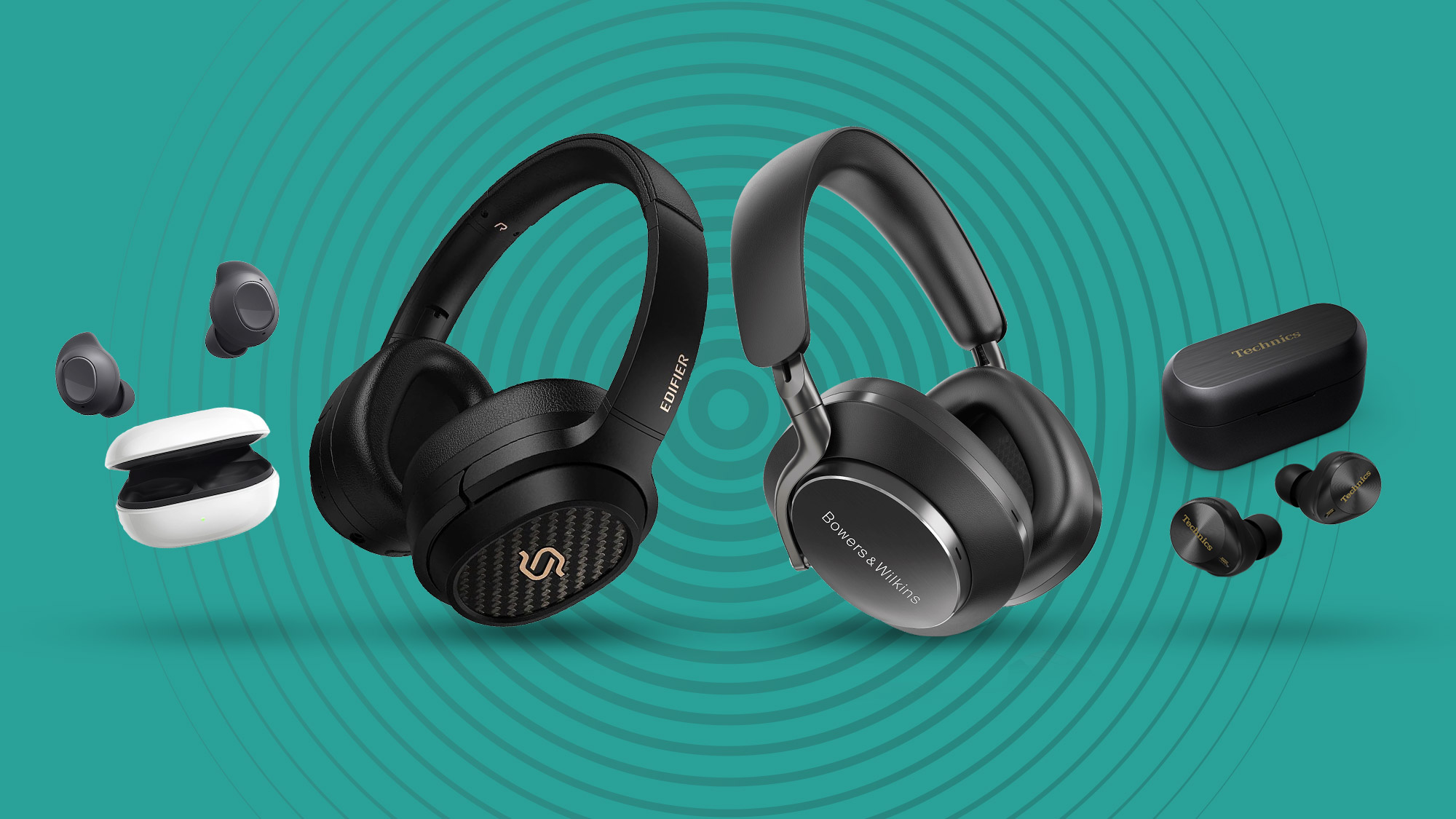
Out of all the new headphone launches in 2023, which over-ears and earbuds stood out the most? And on the other hand, which headphones missed the mark? That's a tough question.
Over the past 12 months we've tested some of the most impressive audio tech on the planet. We've experienced the best noise-cancelling earbuds in busy coffee shops, marvelling at how they're capable of completely drowning out sounds around us and immersing us in a cocoon of music.
We've also put high-end over-ear headphones to the test with the best quality digital files we can get our hands on, picking out details we'd never heard before on our all-time favorite tracks. And we've taken countless pairs of the best workout headphones to the gym, pool and running track to really put them to the test.
We already have a guide filled with our pick of the best headphones you can buy right now, but many of these headphones are from the past few years because we chose them based on the best for specific use cases, not the latest tech.
Headphones in 2023: winners
What you'll find below are the true stars of the past year in terms of impressive specs, class-leading audio and category-defying sound. Read on for our pick of the headphone winners of 2023.
Headphone winner: Edifier Stax Spirit S3
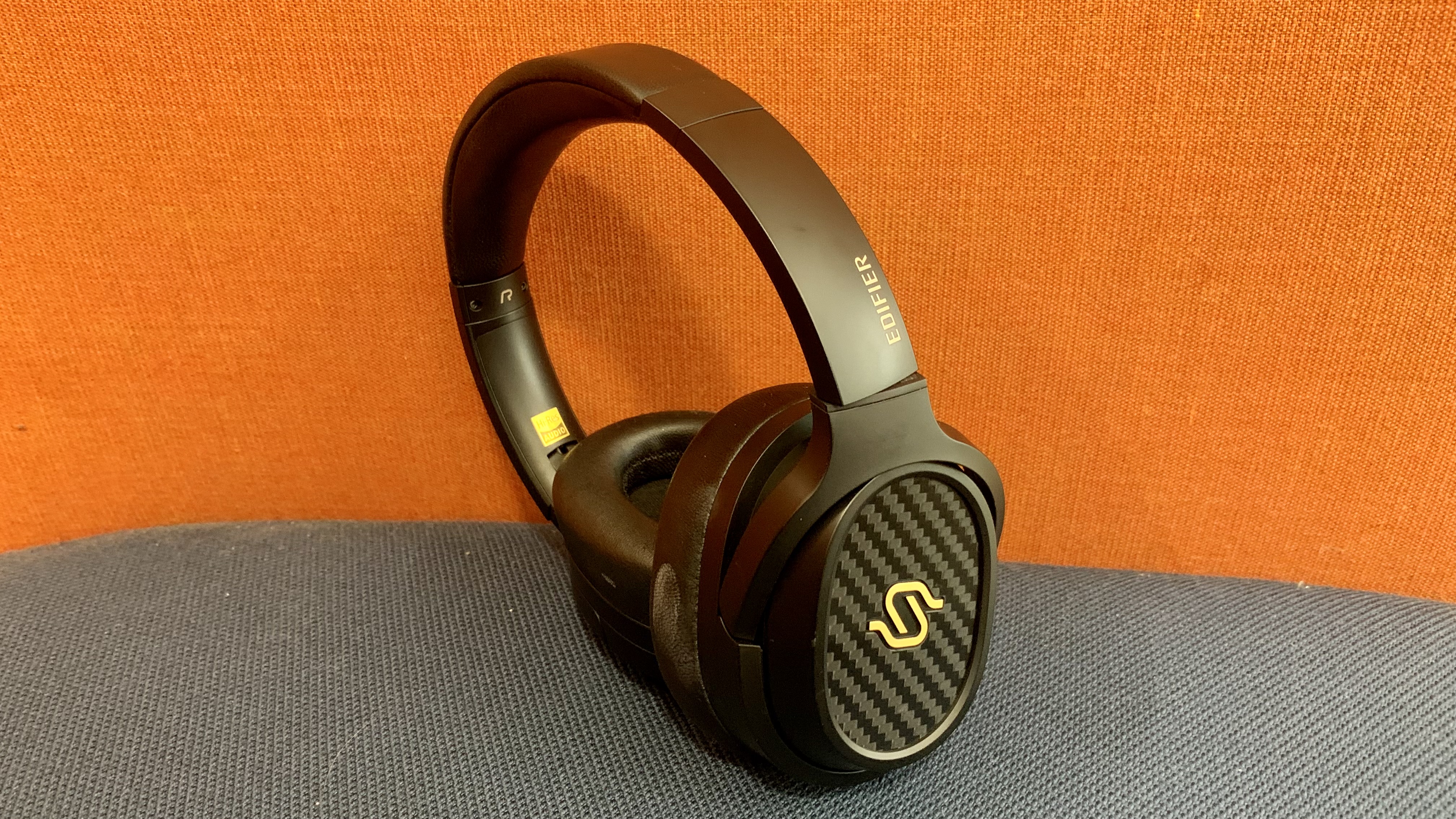
Specifications
Reasons to buy
Reasons to avoid
The Edifier Stax Spirit S3 over-ear headphones were the Editor's Choice for Headphones of the Year in our TechRadar Choice Awards 2023 because they're some of the best wireless headphones we've ever reviewed.
They're fitted with the latest proprietary planar magnetic technology, using 89mm x 70mm planar magnetic driver units. This is what delivers such a divinely detailed, expressive and dynamically agile listen, which boasts depth and snappy bass clout in spades. In our review we wrote that they "deliver some of the most accurate, crisp, meaningful sound reproduction of any of the best wireless headphones market at the price."
Get daily insight, inspiration and deals in your inbox
Sign up for breaking news, reviews, opinion, top tech deals, and more.
They have a foldable, light but solid and classy construction. They also have a great-looking and chic design thanks to herringbone accents and gold branding on the black earcups – although vegans should note there's real leather here.
The Edifier Stax Spirit S3 over-ear headphones have hi-res audio certification, and by high-res we mean Qualcomm's Snapdragon sound with aptX Adaptive, aptX HD and regular aptX, so they cover all of the current top-tier wireless audio coding. They also have 80 hours of playtime. The only features they're missing are ANC, which is the only thing that sets these headphones apart from rivals. Otherwise, they're a highly accomplished pair of over-ears delivering, possibly, the best sound we've heard from a pair of headphones all year.
Read our full Edifier Stax Spirit S3 review
Headphone winner: Technics EAH-AZ80
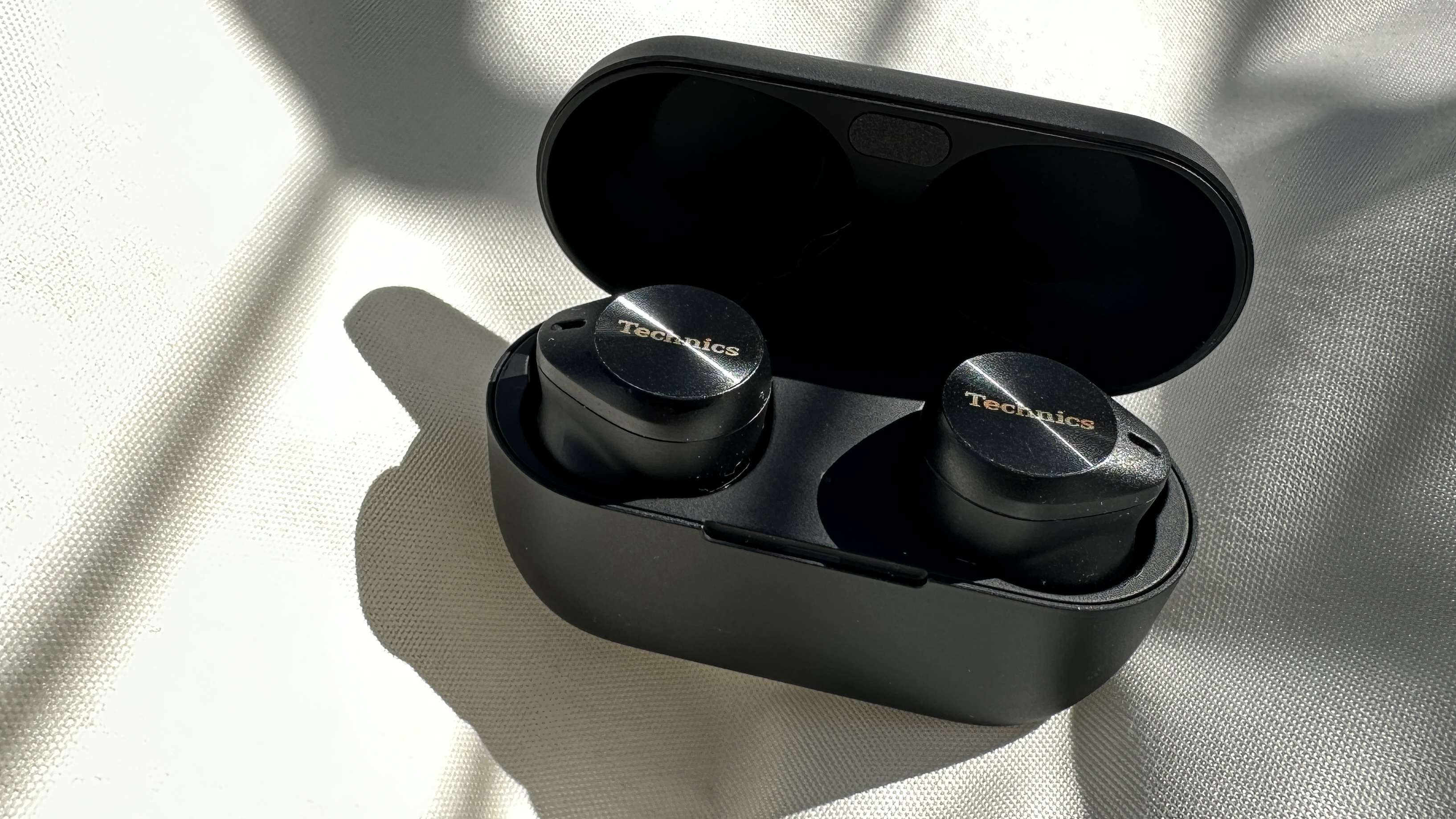
Specifications
Reasons to buy
Reasons to avoid
The Technics EAH-AZ80 are easily the best earbuds of 2023, according to senior audio writer Becky Scarrott. With these true wireless earbuds Technics delivers a range of high-end features, including triple device multipoint pairing where no other maker has either, including Sony – although this excellent perk is also a feature of the company's cheaper EAH-AZ60M2 and entry-level EAH-AZ40M2 too. Impressive.
The buds also have a novel concha design, which we found beautifully secure during our testing. If it's not, you get seven different sizes of silicone earbud in the packaging to play with, versus four with the flagship Sony earbuds and most other rivals – some even only give you three.
As well as a sound that we described as poised and revealing, the overall build quality of Technics' earbuds feels premium. There are four mics per earbud and the noise cancellation, companion app and overall sound quality are all just that bit better than anything else currently on the market – at least combined, you might find other buds to rival each of these features on their own.
Read our full Technics EAH-AZ80 review
Headphone winner: Bowers & Wilkins PX8
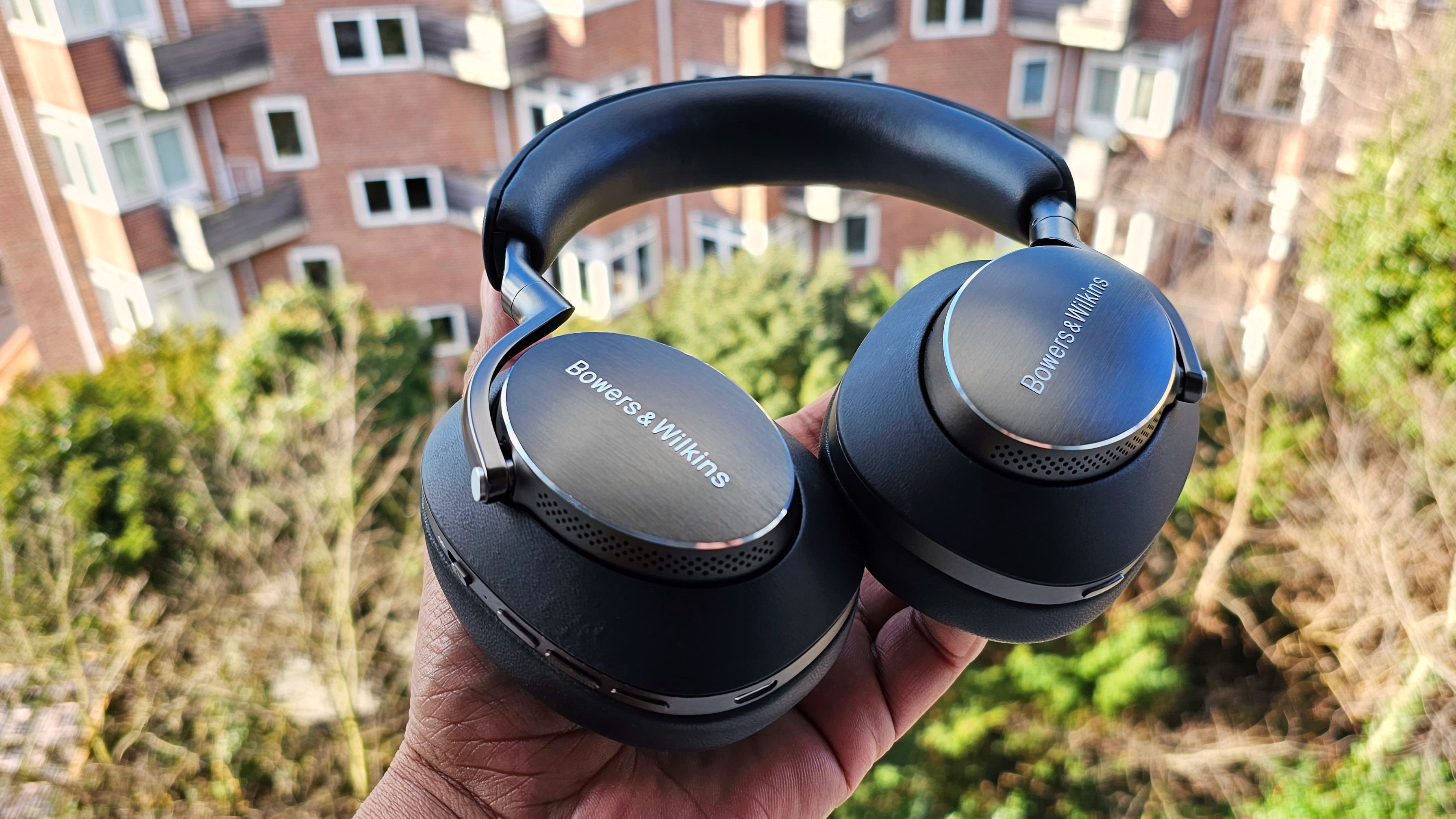
Specifications
Reasons to buy
Reasons to avoid
The Bowers & Wilkins PX8 wireless over-ear headphones are our over-ear winners of 2023, the top pick for design in our best headphones buying guide and the Best Wireless Headphones choice in our TechRadar Choice Awards 2023. What we're saying is these are a remarkable pair of headphones.
In our Bowers & Wilkins PX8 review we wrote that the sound here is truly impeccable. They deliver great detail, agility and expanse, too, all of which are underpinned by a gloriously weighty bass. All of the latest features are on offer here too, including wearer detection, auto-standby, on-ear controls and solid ANC.
The design of the Bowers & Wilkins PX8 is just as impressive. They boast a new carbon cone 40mm drive unit, which replaces the bio-cellulose driver in the more affordable Bowers & Wilkins PX7 S2 that came before them. They also have die-cast aluminum arms, diamond-cut bright metal detailing and a Nappa leather trim, which elevates the build to premium territory. They look and feel a cut above other headphones.
As you might expect from such an accomplished pair of over-ear headphones, the Bowers & Wilkins PX8 are expensive. However, they're sonically supreme across the board, which means they're worth every penny if you do decide to take the plunge.
Read our full Bowers & Wilkins PX8 review
Headphone winner: Samsung Galaxy Buds 2 Pro
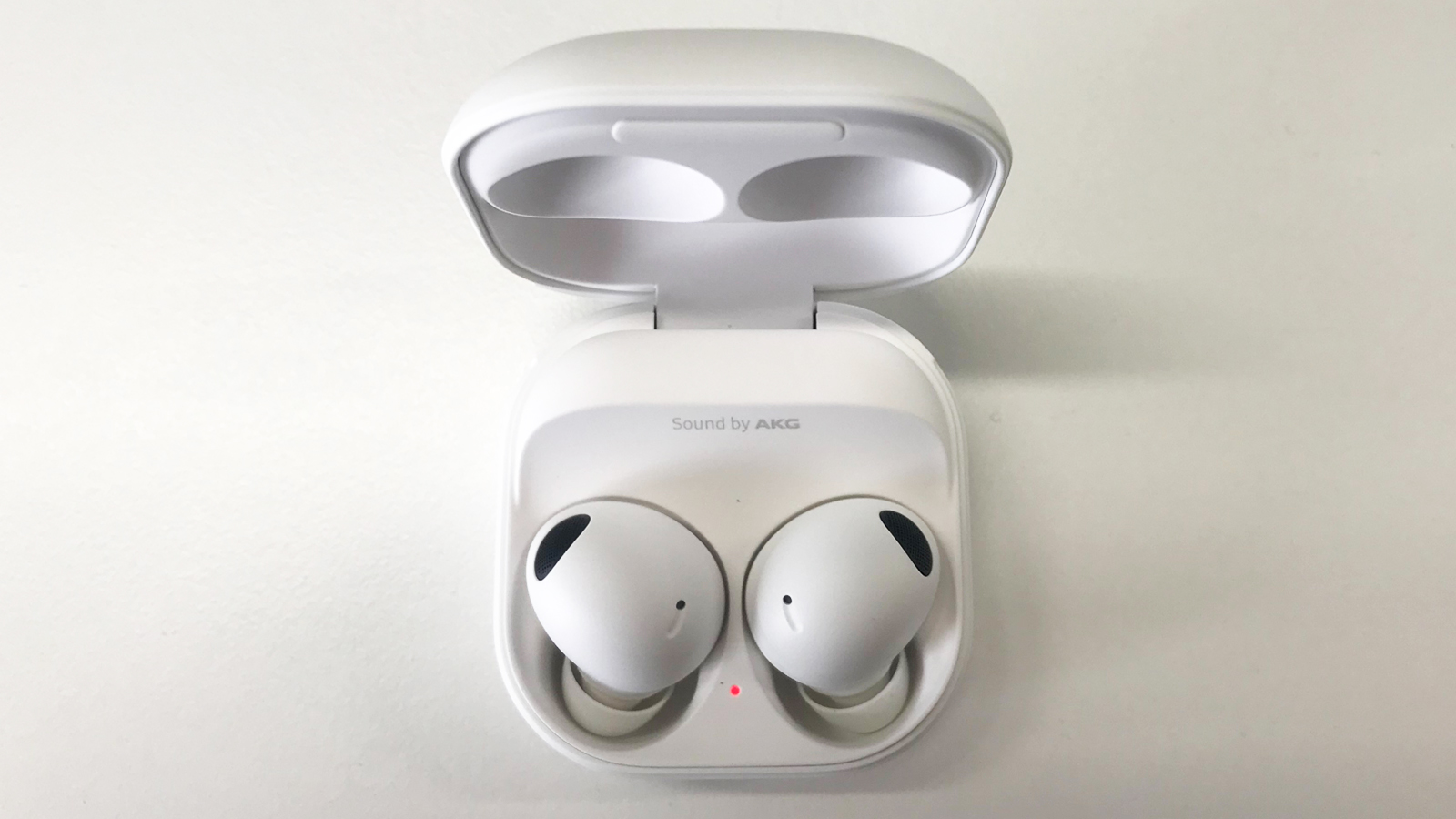
Specifications
Reasons to buy
Reasons to avoid
The original Samsung Galaxy Buds never quite hit the mark, at least in our opinion. But the follow-up buds, the Samsung Galaxy Buds 2 Pro, changed all that. The result is an impressive pair of buds that feel good, sound good and can now fully compete with big names in the true wireless earbuds space, like Apple, Sony and Bose, and that's why they make our 2023 winners list.
These buds are small and comfortable to wear. During testing, we didn't once worry that they'd fall out of our ears, even when running. Unlike many other true wireless earbuds on the market at the moment they don't have a stem design, but are instead rounded and sit more firmly in your ear. This looks much more subtle and unobtrusive – ideal if you like your tech to blend in.
They're also filled with useful features, including IPX7 water ingress protection, excellent ANC, voice detect, wearer detection and customizable on-ear controls. What's more, if you own a Samsung Galaxy device and can access the Samsung Wearable companion app and home-screen widget, you'll get 360 audio with optional head-tracking. This means you can use your phone as the focal point to direct the end-to-end 24-bit high-res audio from the Samsung Galaxy Buds 2 Pro to whichever ear you prefer.
The only drawback here is the 5-hour battery life, which is offset a little by the charging case but is still disappointing considering everything else about the buds is impressive.
Read our full Galaxy Buds 2 Pro review
Headphone winner: Sony WH-CH720N
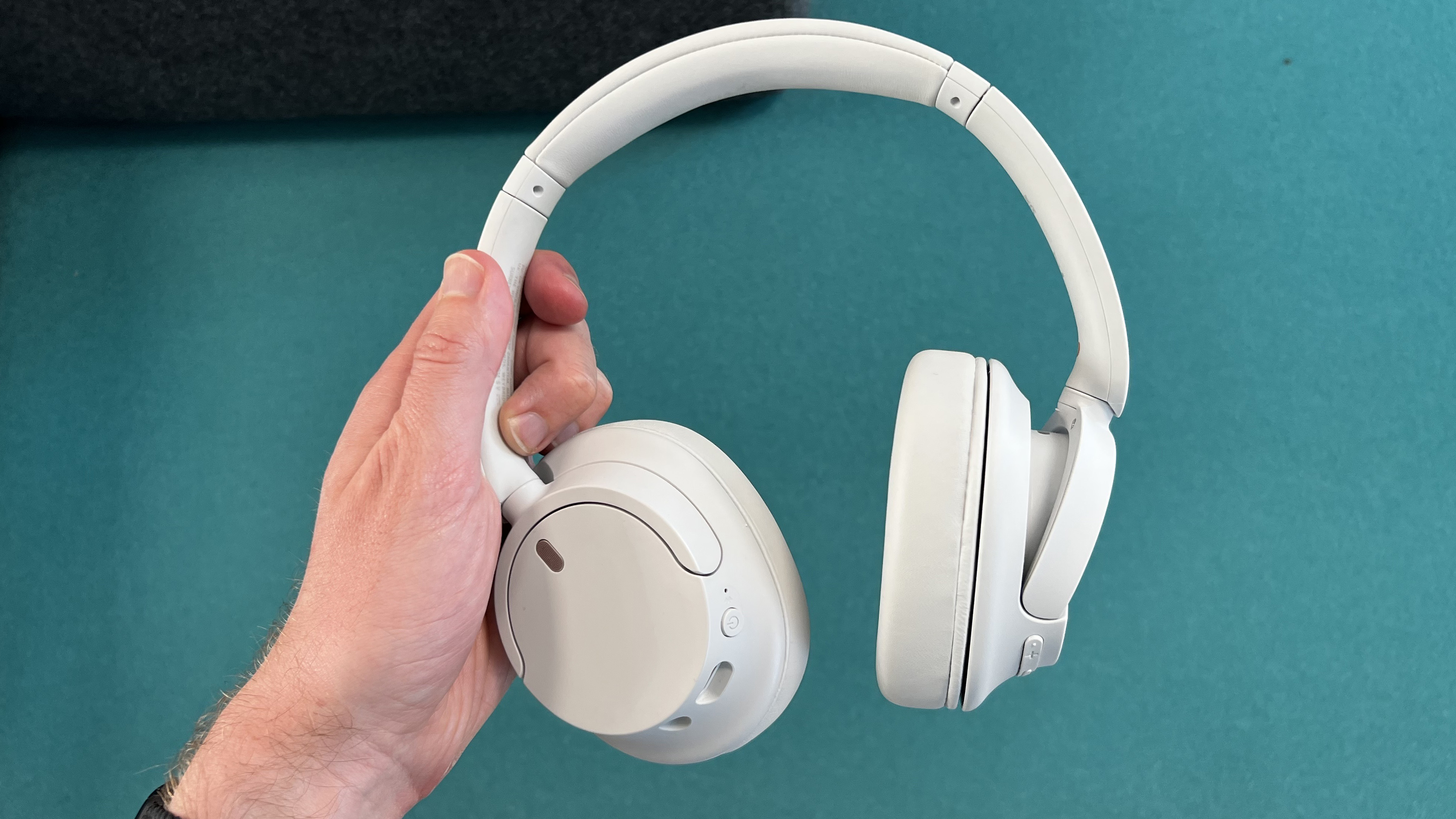
Specifications
Reasons to buy
Reasons to avoid
Sony produces some of the best headphones you can buy right now. But for those who don't want to pay high-end prices for high-end specs, we love the fact that the company also strips back its flagship products to bring us options that offer the bare necessities at a cheaper price. The Sony WH-CH720N are a solid example of this, and the Best Value Headphones in the TechRadar Choice Awards 2023.
They boast just enough flagship-level features, including support for Sony’s 360 Reality Audio format, DSEE upscaling of mediocre-quality tracks, multi-point pairing and adaptive active noise cancellation – although this is not at the same elite level that the Sony WH-1000XM4. The sound quality is also great, delivering strong levels of detail in the audio. The design is also light, minimal and comfortable, we had no problem wearing these for long periods during our testing.
As you might expect, there are some limitations and sound can feel constrained at times. There's also no hi-res LDAC support here. But the pared down features of the Sony WH-CH720N headphones means that they’re the best budget over-ears option there at this price and they balance audio quality, noise cancellation and price.
Read our full Sony WH-CH720N review
Headphone winner: Sony WF-C700N
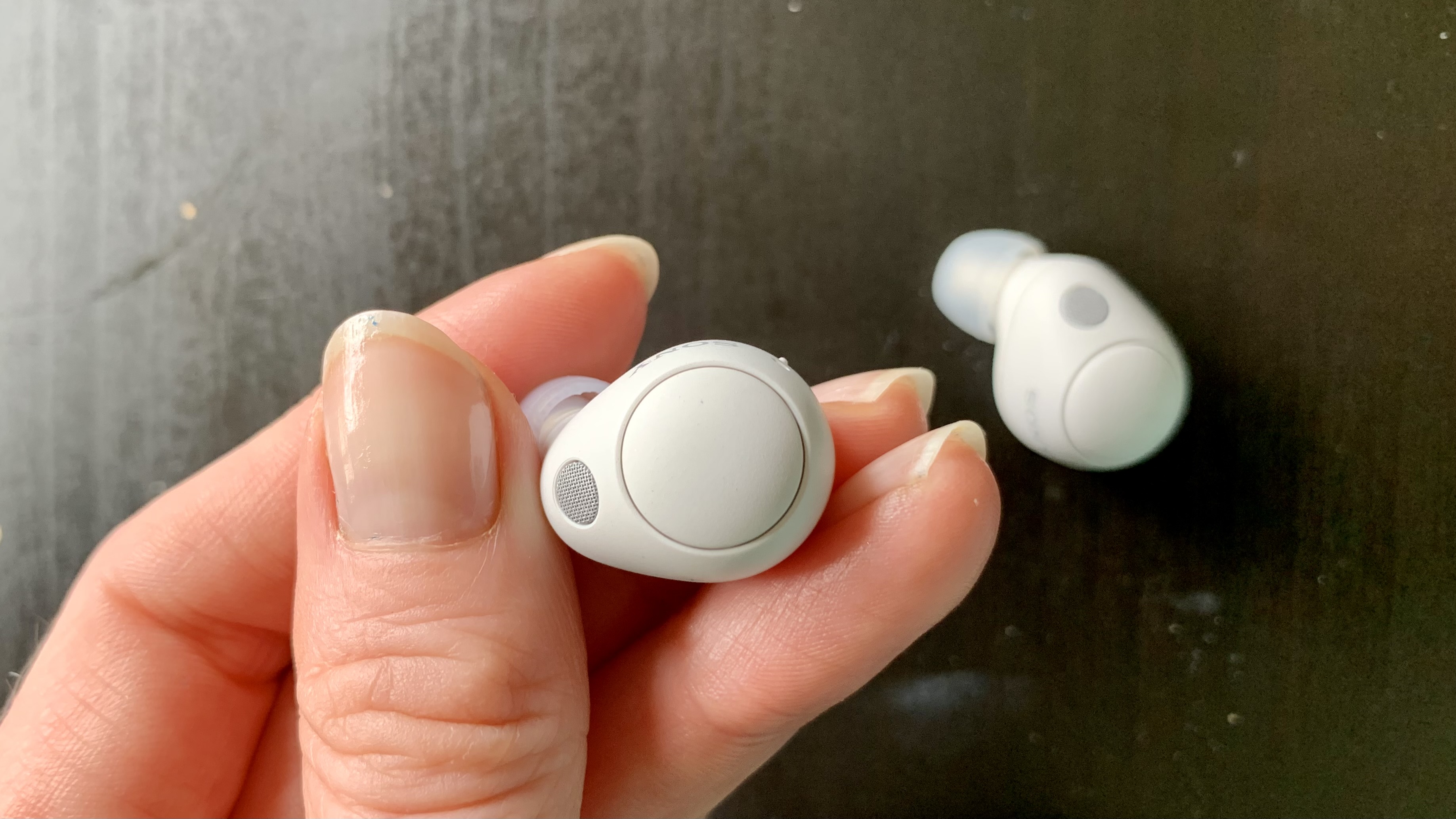
Specifications
Reasons to buy
Reasons to avoid
Like the Sony WH-CH720N over-ear headphones above, Sony's WF-C700N earbuds take some of the best bits of the company's higher-end WF-1000XM4 true wireless buds and put them in a smaller, lighter and more affordable package. This is why they're out top Best Value Earbuds pick in the TechRadar Choice Awards 2023.
Design-wise, these buds are minimal, compact and ergonomic. During our testing we even commented that we found them more comfortable for all-day wearing than the higher-priced and higher-specced WF-1000XM4s, which is really saying something.
There are a lot of features here, including adaptive active noise cancellation, multipoint connectivity and even spatial audio through Sony's 360 Reality Audio technology, which sounds fantastic. Overall, these buds were really enjoyable to test. We wrote in our Sony WF-C700N review that they deliver a "truly exuberant, agile and fun listen." To get affordable buds you do have to make sacrifices, like no auto-off, LDAC support or lossless audio, but these are hardly necessities.
All in all, if you want to spend under $150 / £100 / AU$200 on a pair of wireless earbuds, Sony's WF-C700N are the most comfortable, feature-rich headphones with immersive sound that you can buy right now.
Read our full Sony WF-C700N review
Headphones in 2023: losers
We've covered the headphones that were winners in our books in 2023. But what about the losers?
To be clear, none of the headphones listed below are losers generally, they're all decent devices. But we felt they fell short in one way or another compared to the competition.
Whether they didn't live up to the high standards of the headphones that came before them or failed to provide some key features that would have put them head-to-head with rivals.
Headphone loser: Samsung Galaxy Buds FE

Specifications
Reasons to buy
Reasons to avoid
The Samsung Galaxy Buds FE sound good and offer great noise cancellation. So why are they in our losers list? You'll absolutely need the right hardware to reap the benefits of these buds, making these a tricky recommendation for anyone not part of the Samsung Galaxy family.
There's nothing majorly wrong about a device only built for a certain kind of phone, at least not in our eyes. But we did feel the Samsung Galaxy Buds FE did fall short this year – especially considering the Samsung Galaxy Buds 2 Pro made our list of winners.
That's not to say these buds don't offer some great features. The star of the show is ANC, which we highly rated. The Samsung Galaxy Buds FE are more than capable of blocking out any and all environmental sounds, like a fan. They also deliver some good audio that's fine for a standard listening experience. But there are some wobbles and we wouldn't recommend them for bass fans.
Apple users will need to skip the Samsung Galaxy Buds FE, but there is value to them if you have a Samsung phone, as they look good, feel good and they're simple to use. Just lower your expectations about how they sound.
Read our full Samsung Galaxy Buds FE review
Headphone loser: JBL Tune 670NC
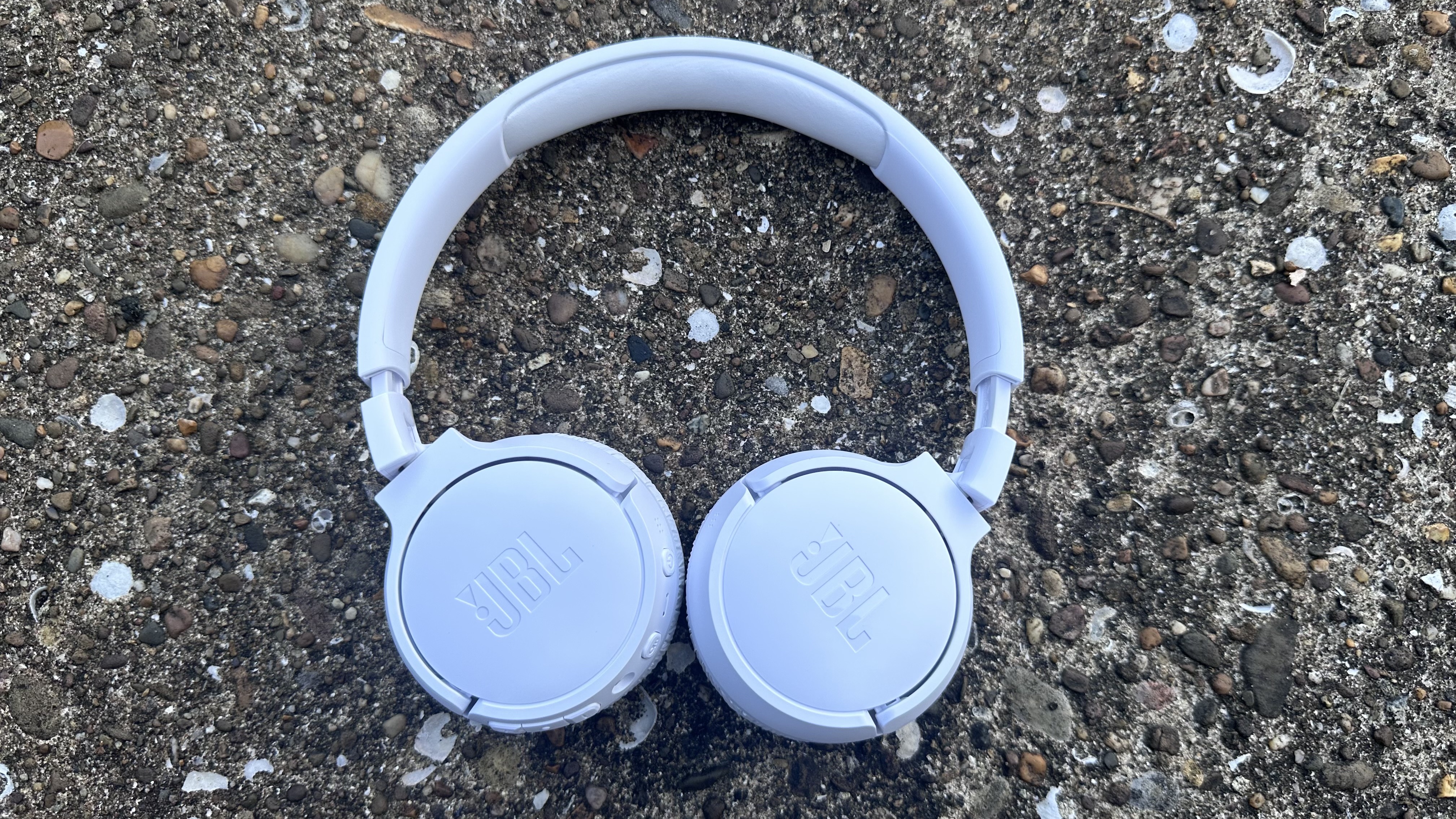
Specifications
Reasons to buy
Reasons to avoid
The JBL Tune 670NC are good headphones and, as we commented in our review, they're ideal for students or anyone after an affordable option. For starters, they're very portable, lightweight and fit well. They also handily fold up in a few different ways and come with a cotton carry case – although don't expect that to protect much against serious drops and knocks.
On paper the specs are good here too, including promising adaptive ANC, Bluetooth 5.3 support, and up to 70 hours of battery life. However, while we were testing the JBL Tune 670NC we found that they don't quite score highly on every count. Although they're undeniably comfortable, ANC isn't mind-blowing and sound quality is fine but quiet and subdued.
This isn't to say you shouldn't buy them. We think that, for the average user, the JBL Tune 670NC will do the job well. But if you want a better-sounding pair of buds with more effective noise-cancelling you will find a more capable pair of headphones for a similar price.
Read our full JBL Tune 670NC review
Headphone loser: Beats Studio Pro
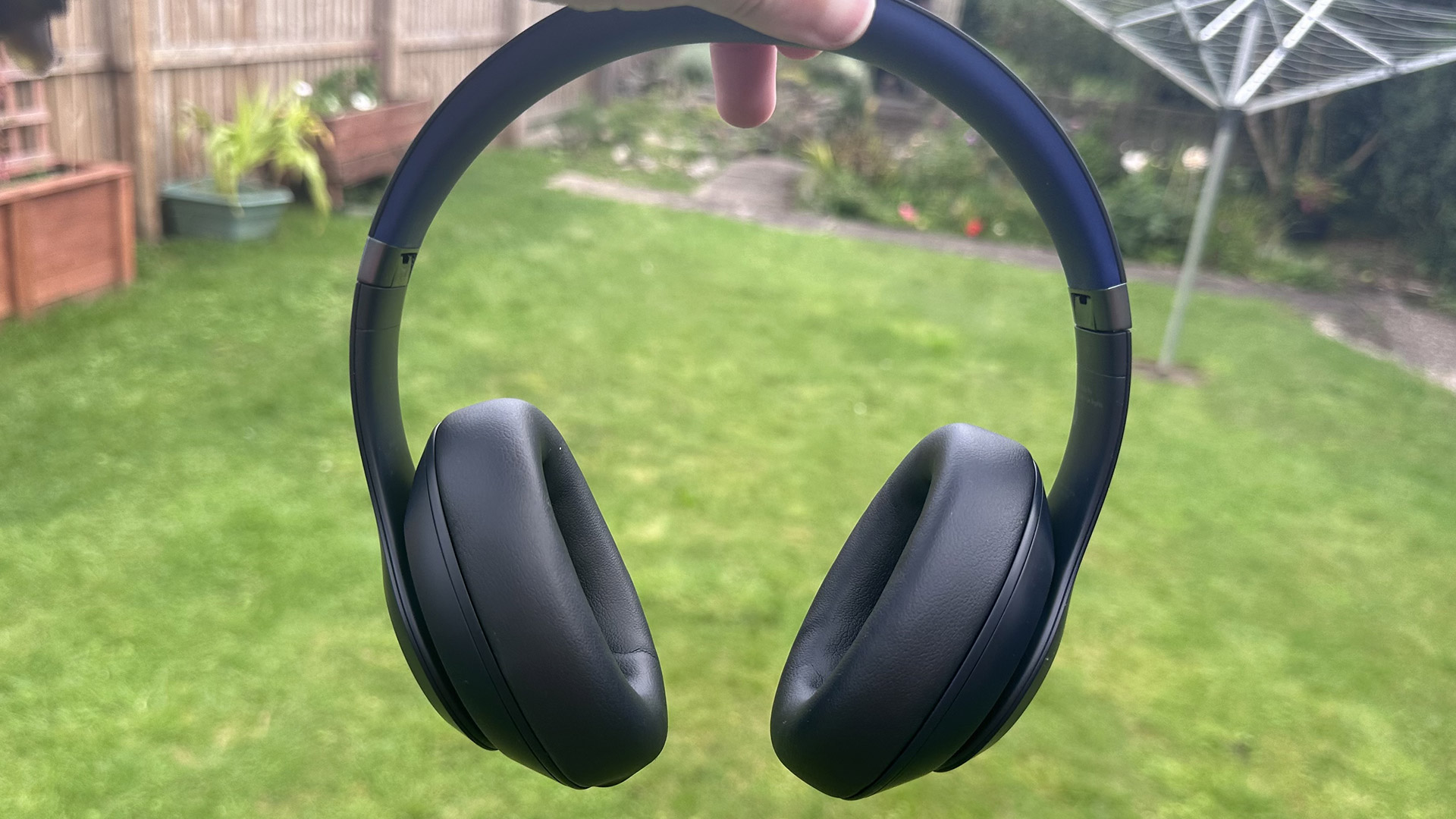
Specifications
Reasons to buy
Reasons to avoid
During our testing we desperately wanted to love the Beats Studio Pro over-ears, but they fell short. Yes, they look good and they're incredibly easy-to-use – Beats is an Apple-owned company after all. They have the typical Beats-style design and they come in a sleek fabric case, taking only moments to set up.
They also sound pretty good. The bass is strong and they're good for listening to while you're keen to walking or running. They offer ANC, which isn't as effective as rivals, but drowns out some environmental sound.
Our problem is that they lack several key features. So although they sound good, you're not getting what you're paying for. Because from a $349 / £349 pair of cans most people expect some higher-end details and we'd say there are unusual omissions for the price.
For example, there's no multipoint support if you're an Apple user, even though Android users are able to take advantage of connecting to two devices at once. There's also no auto-pause feature, which feels standard on a pair of headphones these days – especially cans so expensive. Weirdly, despite being an Apple product, there's no H1 or H2 chip inside either. We also didn't enjoy using the on-device controls. All of this is to say these headphones are fine, but not for the price.
Read our full Beats Studio Pro review
Headphone loser: OnePlus Buds Pro 2
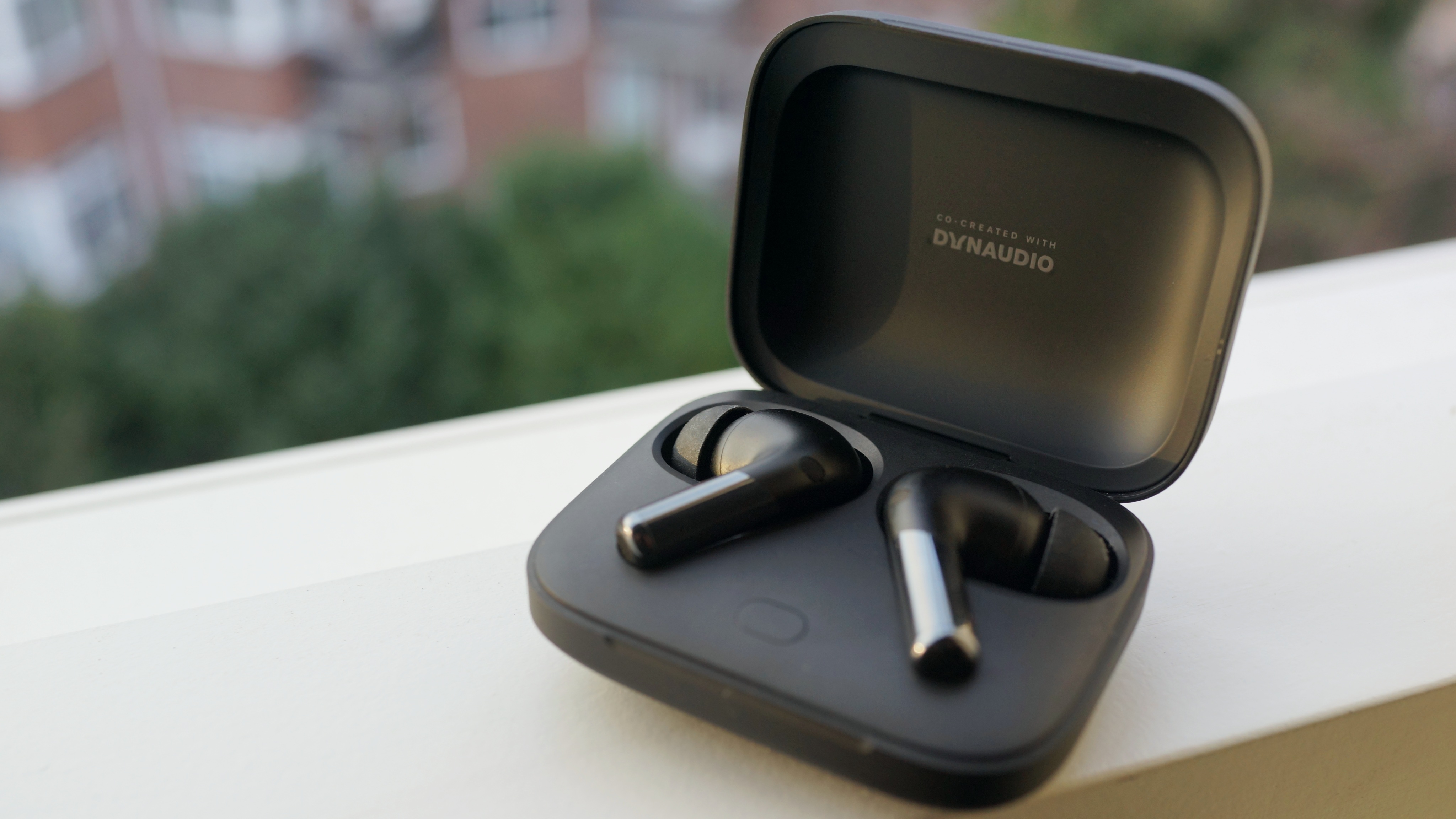
Specifications
Reasons to buy
Reasons to avoid
Like the Beats headphones above, it's not that the OnePlus Buds Pro 2 earbuds are bad, we just expected more for the price. In fact, if they were a bit cheaper, they could be winners.
They're packed with features, especially if you have a OnePlus phone, although you don't need one. These include Spatial Audio, personalized sound, Find My Headphones support and more. In our review we commented that they're very similar to the AirPods Pro 2 in looks and their control system.
But they're weak when it comes to sound, which doesn't match the best wireless earbuds at a similar price. They're not a lost cause. These OnePlus buds boast good treble and bass, but they don't perform well across the mid-range. This leaves songs lacking energy, expansiveness and clarity.
For OnePlus fans who want all the latest tricks, they're still a good buy. But, in our experience, you can get much better audio for only a little more, or nearly as good for a lot less. So yes, they're a nice pair of buds, but the balance could be better.
Read our full OnePlus Buds Pro 2 review
You might also like
Becca is a contributor to TechRadar, a freelance journalist and author. She’s been writing about consumer tech and popular science for more than ten years, covering all kinds of topics, including why robots have eyes and whether we’ll experience the overview effect one day. She’s particularly interested in VR/AR, wearables, digital health, space tech and chatting to experts and academics about the future. She’s contributed to TechRadar, T3, Wired, New Scientist, The Guardian, Inverse and many more. Her first book, Screen Time, came out in January 2021 with Bonnier Books. She loves science-fiction, brutalist architecture, and spending too much time floating through space in virtual reality.
